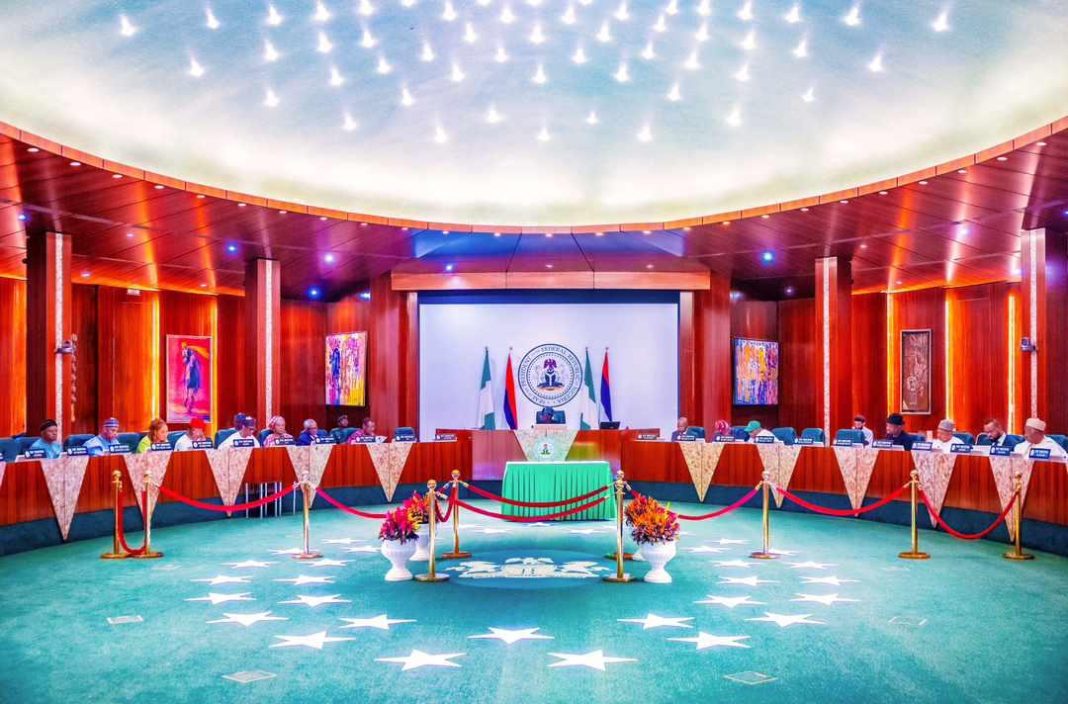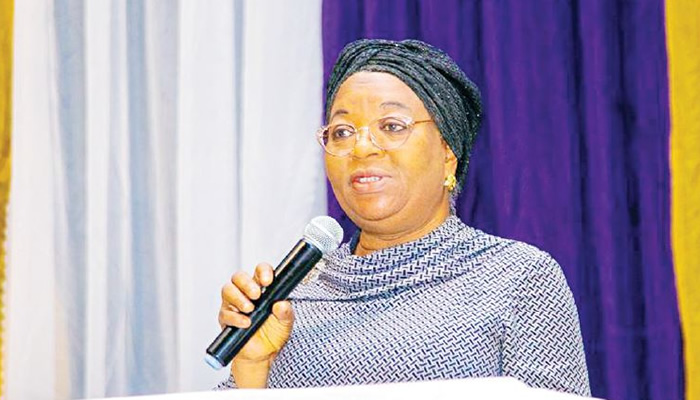By Milcah Tanimu
In a recent announcement, the Federal Government disclosed that a new minimum wage would be implemented starting April 1, 2024, replacing the current N30,000 minimum wage set to expire at the end of March 2024. The Minister of Information and National Orientation, Idris Mohammed, shared this information during an interview with The PUNCH in Abuja.
The 2024 – 2026 Fiscal Framework budgets reveal that the Federal Government is earmarking N24.66tn for salaries in the next three years. This commitment follows President Bola Tinubu’s decision to eliminate the fuel subsidy on May 29, 2023, leading to an agreement to pay N35,000 to each government worker to mitigate the impact of the subsidy removal.
Despite the temporary relief, organized labor insists that the N35,000 wage is a short-term solution and advocates for a comprehensive minimum wage review in 2024. Labor unions have initiated negotiations with the Federal Government, citing the country’s labor law, which stipulates a minimum wage review every five years.
The Nigeria Labour Congress National President, Joe Ajaero, emphasized that the national minimum wage review is a legal obligation set for 2024. The Minister of Information and National Orientation, Mohammed, clarified that the improved salary structure aims to replace the temporary measures introduced to alleviate economic challenges caused by the fuel subsidy removal.
As discussions unfold, a national wage negotiation committee is set to be established, involving representatives from both the government and labor. The expectation is that a new wage structure will be in place by April 1, 2024, extending to workers nationwide. The private sector and state governors are encouraged to align with these changes.
An analysis of the 2024 – 2026 Fiscal Framework indicates that the Federal Government plans to allocate 29.18% of its total budgets over the next three years to salaries, overheads, and pensions. The allocated amount for these items totals N24.66tn, representing 29.18% of the N84.50tn budgeted for the same period.
With the anticipated salary increases in 2024 amid challenging economic conditions, personnel costs are expected to rise by 8.51%, reaching N7.99tn in 2024. Subsequent increases are projected at 2.41% in 2025, totaling N8.18tn, and 3.77% in 2026, reaching N8.49tn. In contrast, capital expenditure is budgeted at N23.37tn, accounting for 27.65% of the total budget.
Concerns have been raised about the overbloated civil service, and there are calls for agency mergers and scrapping to streamline government operations. The fiscal deficit for the three years under review is projected to be N30.89tn, with the government attributing the high deficit to proposed salary reviews, increased pension obligations, and higher debt service costs.
While addressing the budget debate, President Bola Tinubu emphasized the need to leverage private sector partnerships for critical infrastructure financing. The Minister of Budget and National Economic Planning, Abubakar Bagudu, acknowledged the government’s challenge in managing salaries amid dwindling revenue sources, urging non-governmental organizations to contribute to areas the government cannot cover.
In response to concerns about an overbloated personnel cost in the 2024 budget, the House of Representatives urged the Independent Corrupt Practices and Other Related Offences Commission to investigate ministries, departments, and agencies. The House commenced debates on the N27.5tn 2024 budget, emphasizing the importance of addressing excessive personnel costs and promoting collaboration between states and the Federal Government.
As the budget debate progresses, legislators are scrutinizing the allocation of funds to various sectors, emphasizing the need for tangible positive impacts on the lives of Nigerians. The Senate President, Godswill Akpabio, announced that the appropriation bill would undergo a second reading, acknowledging the challenges posed by a high recurrent expenditure and a deficit that needs to be financed through borrowing.





